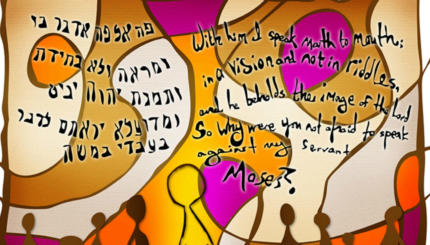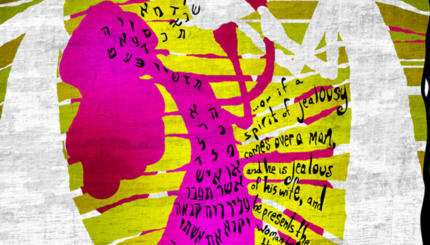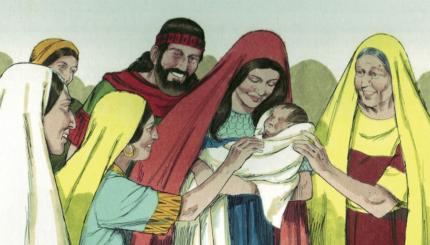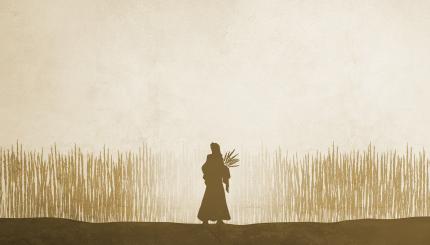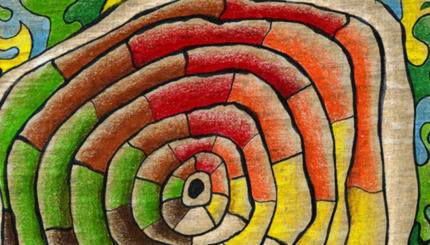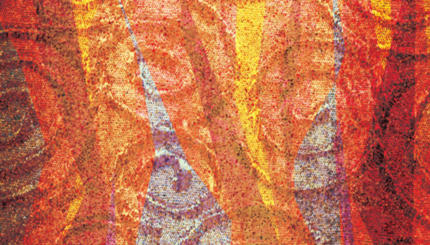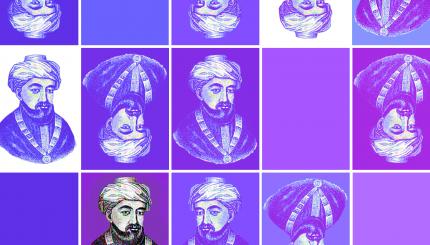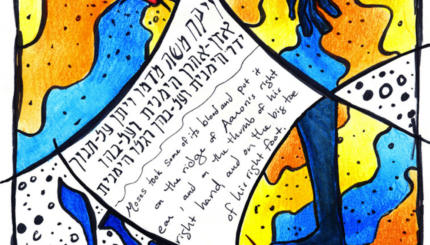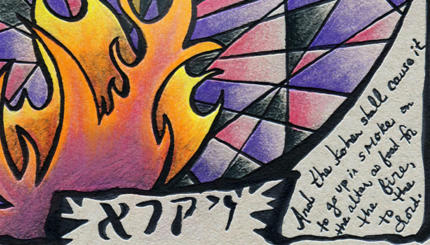Jewish Texts
Why Kabbalah Is Considered Dangerous
The potential for misuse and mental trauma led to restrictions on who could study Jewish mysticism.
Song of Songs as Allegory
The Bible's most erotic book has long been understood as a metaphor.
Parashat Beha’alotcha: The Grand March Toward the Good
This Torah portion illustrates what happens when we put our individual needs first.
Parashat Nasso: Getting the Message
Two linguistic features of this Torah portion remind us of the need to speak carefully even when our message is true.
Main Characters in the Book of Ruth
Traditionally, the Book of Ruth is read on the second day of Shavuot each year. While the story is riveting ...
Parashat Bamidbar: When Women Are Invisible
How do we make sense of the census commanded in this Torah portion, which specifies only men be counted?
Summary of the Book of Ruth
The Book of Ruth is one of five megillahs that are part of Ketuvim, or Writings, the last third of ...
Parashat Behar-Bechukotai: The Dark Side of Torah Ethics
Engaging with difficult passages in the Torah requires sitting with complexity and tension.
Parashat Emor: Sacred Time, Sacred Connections
An unusual juxtaposition in this Torah portion highlights an oft-overlooked piece of observing the major festivals.
Maimonides’ Legal Writings
Maimonides' extensive writings on Jewish law, or halachah, remain an unsurpassed accomplishment.
Parashat Tzav: Bread in Abundance
Why does the Torah require that a gratitude offering be accompanied by loads of bread?
Parashat Vayikra: I Give, Therefore I Love
This Torah portion teaches that it’s better to give than receive.


